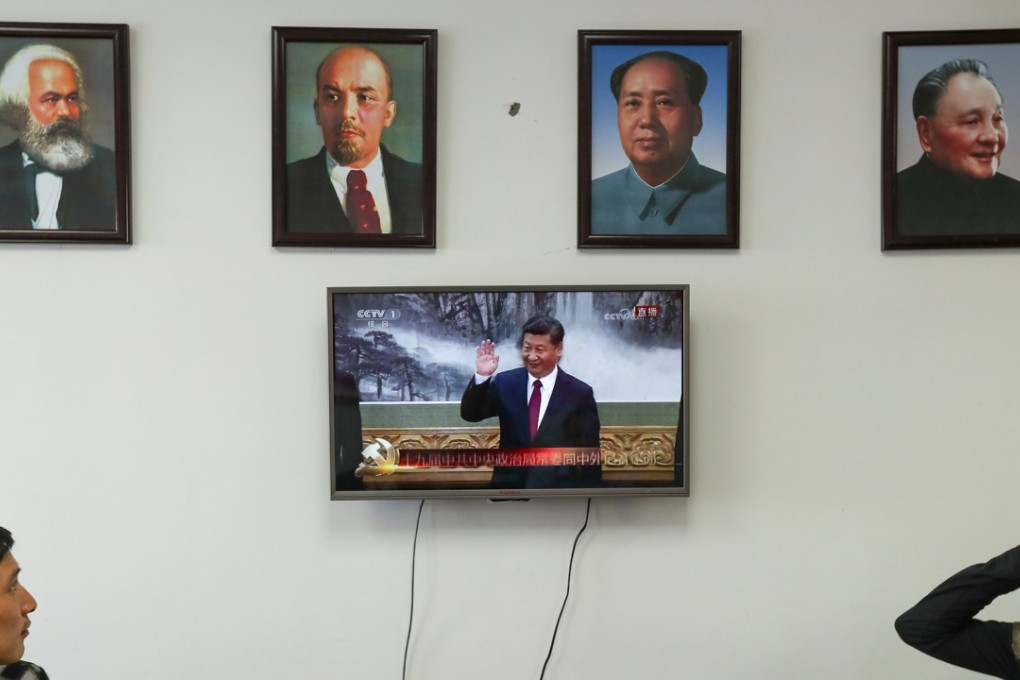Sino File | ‘President for life’ Xi risks repeat of China’s Mao-era mistakes
A reliance on the strongman model of leadership poses dangers not only to the Chinese president – but to China itself

By eliminating the two-term limit, Xi will ensure that he can stay at the helm beyond 2023 when his second five-year term ends, enabling him to become president for life, if he so chooses. In political science, a president for life is regarded as a de facto monarch.
Opinion: Xi who must be obeyed - arise, China’s chairman of everything
In making constitutional changes to ensure his indefinite rule, China is morphing from one-party rule to one-man rule, backtracking to the Mao era. The development has in effect overturned the party’s most important political norms and rules regarding governance and power succession – rules that were agreed by post-Mao party leaders led by Deng. Apart from being the mastermind of China’s market reform and opening up, Deng also implemented major reforms aimed at preventing the revival of Maoism and particularly one-man dictatorships.
In setting up age and term limits, Deng’s aims were to avoid the excessive centralisation of power in the hands of one leader; to prevent personality cults; and to scrap the practice of lifelong service for senior officials. Deng also established a “collective leadership” system based on consensus building, power sharing and a mechanism for orderly successions.
While Xi has largely inherited Deng’s pragmatic economic policies, he has shown a determination to rewrite the rule book and revive some of Mao’s philosophy of rule. His fiercest critics accuse him of building a personality cult and indoctrinating the masses. Xi has expanded his clampdowns on corruption and political dissent into a broader crusade to root out anyone disloyal or who fails to comply with his orders.
With term limits move, Xi is setting himself up for failure

